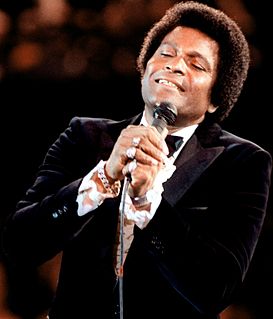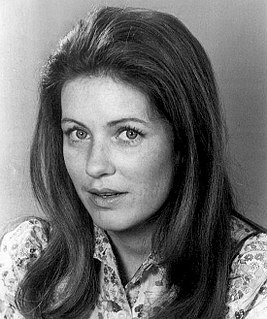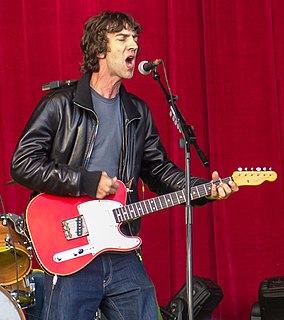A Quote by La India
I fight manic-depression, and I have been able to live battling that sadness that I get sometimes.
Related Quotes
Manic depression is a type of depression, technically, and it's the opposite of uni-polar. Manic depression is also called bi-polar disorder. Some people don't like to call it that because they think it makes it sound too nice, when the reality is if you have manic-depression you have manic-depression.
In the psychological literature, depression is often seen as a defense against sadness. But I'll take sadness any day. There is no contest. Sadness carries identification. You know where it's been and you know where it's headed. Depression carries no papers. It enters your country unannounced and uninvited. Its origins are unknown, but its destination always dead-ends in you.
SADNESSES OF THE INTELLECT: Sadness of being misunderstood [sic]; Humor sadness; Sadness of love wit[hou]t release; Sadne[ss of be]ing smart; Sadness of not knowing enough words to [express what you mean]; Sadness of having options; Sadness of wanting sadness; Sadness of confusion; Sadness of domes[tic]ated birds; Sadness of fini[shi]ng a book; Sadness of remembering; Sadness of forgetting; Anxiety sadness.


































